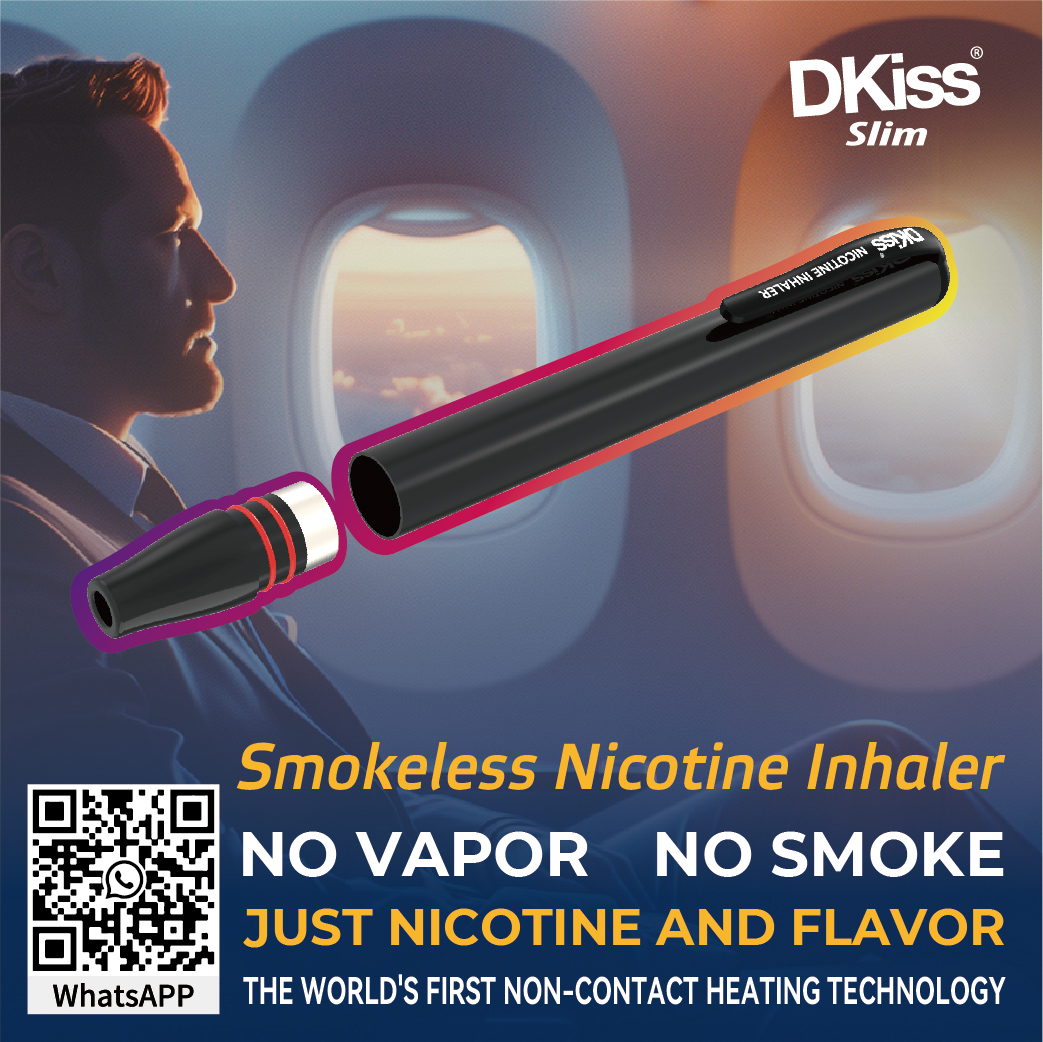Senator Paul Expresses Concern Over USPS Vape Rules
- News This Week PACT Act
- August 9, 2021
- 5 minutes read

Credit: Dragon Images
U.S. Senator Rand Paul has sent a letter to Postmaster General Louis DeJoy expressing concern over the United States Postal Service’s (USPS) forthcoming ban on the mailing of vaping products. Along with his letter, the senator forwarded a letter sent to him from more than 60 vaping industry representatives who say the proposed rule exceeds the USPS’s authority by being too inclusive.

“I have deep concerns about the potential scope of this proposed rule and the impact it may have both on
small businesses and on the customers they serve. In this case, I am especially troubled by the concern
raised by the coalition that no economic impact analysis has been conducted pursuant to the Regulatory Flexibility Act of 1980 (P.L. 96-354),” Senator Paul wrote. “The lack of such an economic impact analysis means that the
implementation of this rule may have unforeseen and unintended economic consequences.”
Paul letter then goes on to urge the USPS to take into account the interests of Americans in rural areas who
want to access vapor products while crafting its finalized rules. The U.S. Food and Drug Administration has acknowledged that electronic nicotine delivery systems (ENDS) “can reduce the use of combustible cigarettes and may be less harmful” than combustible cigarettes, according to Paul.
“For rural Americans residing far from brick-and-mortar stores that sell vapor products, the United States Postal Service is their most reliable means of accessing these harm-reduction products,” he states. “The science of addiction medicine suggests that if these Americans lose access to less harmful alternatives, they are likely to relapse, thereby increasing their risk of developing serious illness.”
The letter industry representatives sent to Paul and forwarded to DeJoy states that proposed rule, the Treatment of E-Cigarettes (86 FR 10218) (Proposed Rule), has two main issues: it is counter to the principles of the Regulatory Flexibility Act, as Paul’s letter explained, and the rule “exceeds its statutory authority” by the inclusion of products not intended to be included in the rules, such as cannabis vaping products.
“At a minimum, an economic impact analysis is warranted to better understand the implications of the proposed rule on the multiple industries that are affected,” the industry letter states. “The entire premise of the underlying bill is in relation to tobacco and nicotine, including the definition of ENDS. If the USPS sweeps in cannabis and hemp-related products and devices into the definition of ENDS, this capture of non-tobacco or nicotine products is without a legislative mandate and would subject products and devices that are already regulated and taxed under other statutory schemes to another suite of crippling regulations, unnecessarily.”
The vapor industry group hopes that the current proposed rule can be withdrawn so that an initial regulatory flexibility analysis (IRFA) that describes the impact of the proposed rule on small entities can be published for public notice and comment, or that the USPS publish a supplemental IRFA for public notice and comment before a final rule is published in the Federal Register.
The Consolidated Appropriations Act, 2021 contained provisions that addressed a range of issues not related to coronavirus economic relief, including legislation known as the Preventing Online Sales of E-Cigarettes to Children Act, which placed electronic nicotine-delivery systems (ENDS) under the Prevent All Cigarette Trafficking Act of 2009, which generally prohibits the mailing of cigarettes to consumers through the USPS, requires common carriers to register with the state’s attorney generals and tobacco tax administrators as well as meet certain shipping and reporting requirements.
In June, two U.S. Senators penned a letter urging the USPS to finalize rules for mailing vapor products. Senators Dianne Feinstein and John Cornyn asked DeJoy to implement regulations required by the PACT Act, which was signed into law on December 21, 2020.

